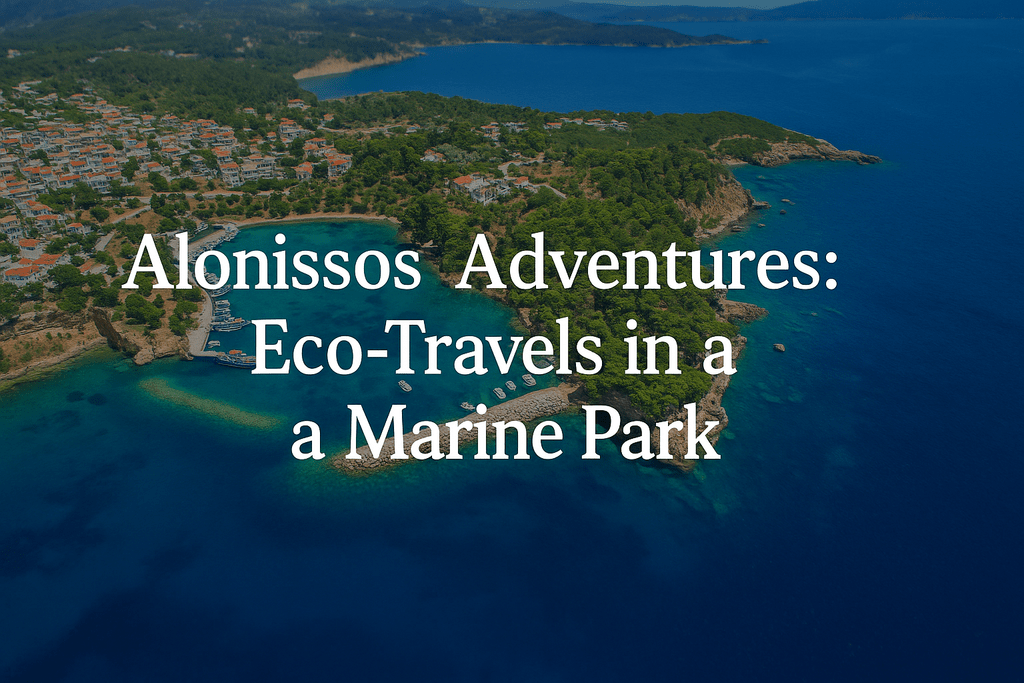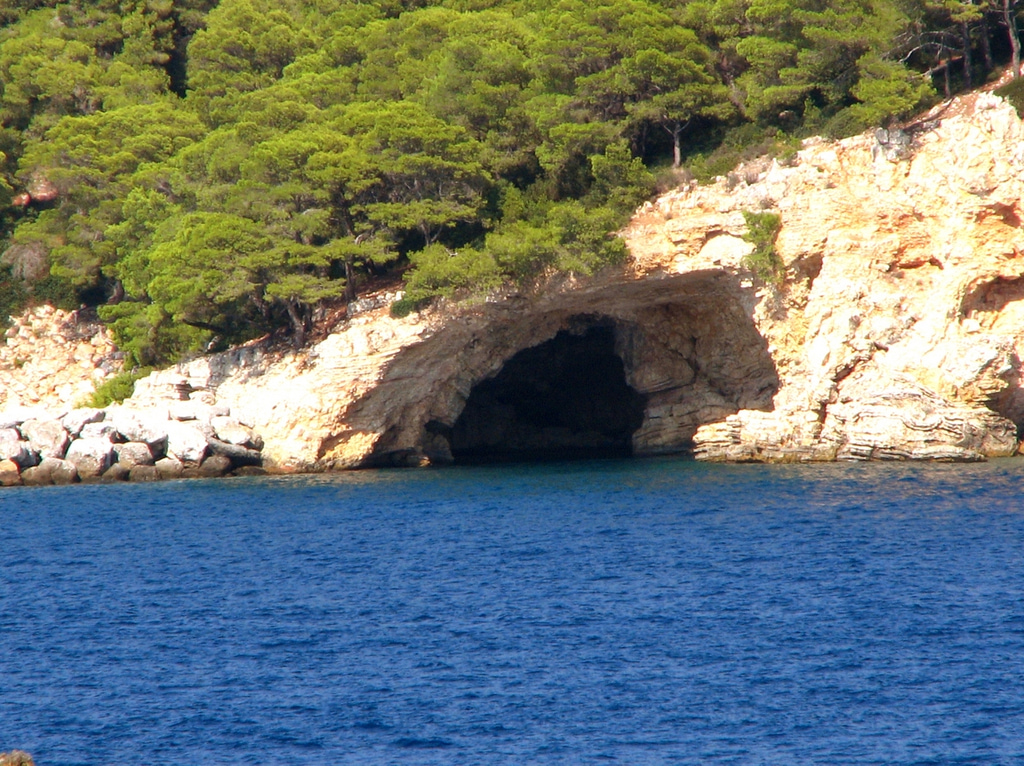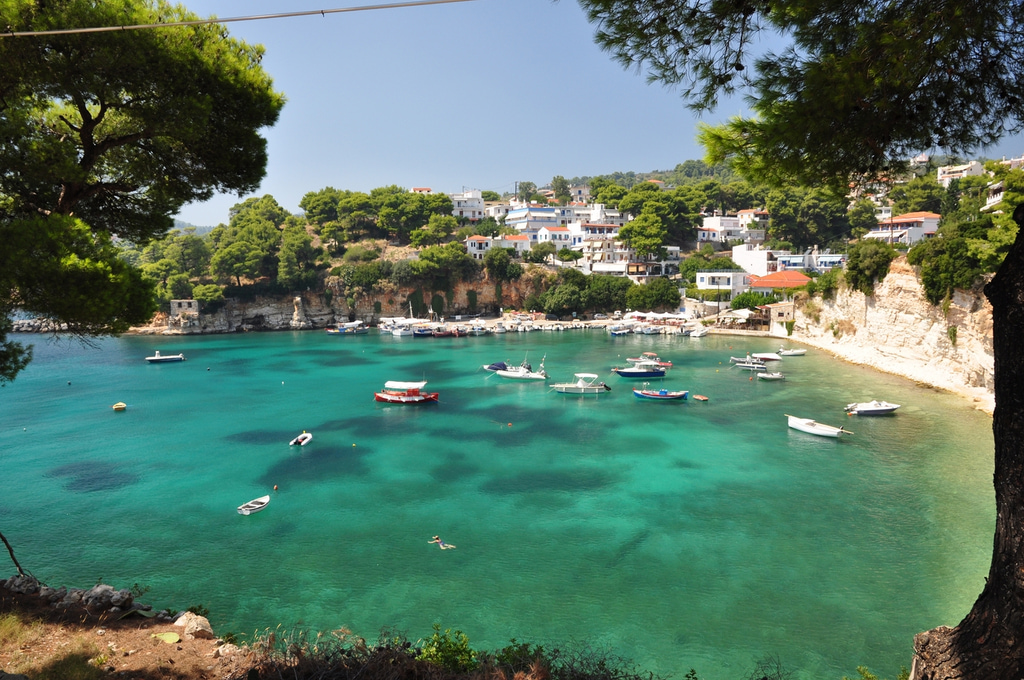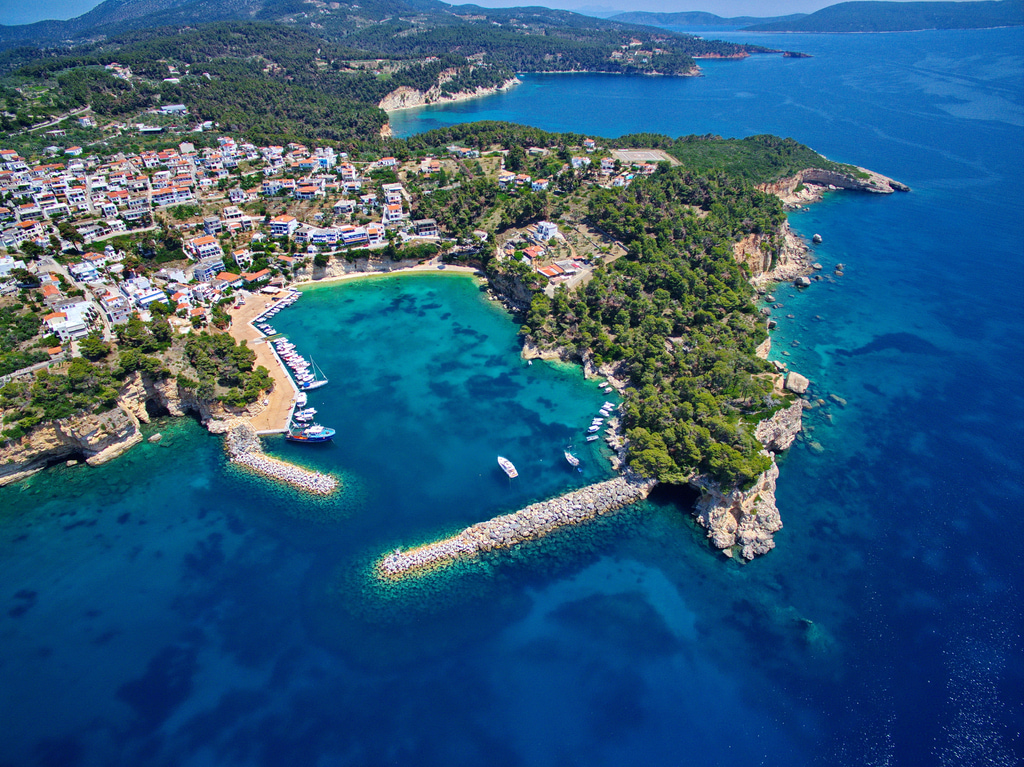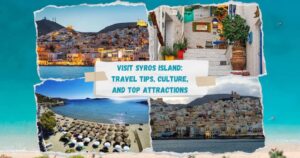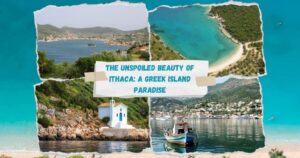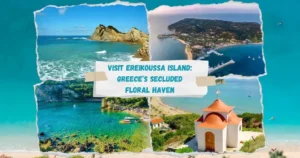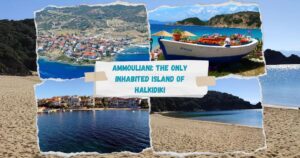Alonissos Adventures: Eco-Travels in a Marine Park
It starts with a boat. Not a glamorous one. Just a modest ferry rocking quietly in the Aegean, cutting a white trail through the turquoise expanse. If you weren’t looking for Alonissos, it’s the kind of place you might never find. No neon signs. No booming beach clubs. Just green hills, whitewashed homes, and the kind of quiet that makes you realize how loud your life normally is.
Alonissos is part of the Northern Sporades in Greece, a cluster of islands often overshadowed by their flashier cousins—Mykonos, Santorini, even nearby Skopelos. But that anonymity is a gift. This is not a place you visit to tick boxes; it’s a place you come to feel.
wikimedia.org/wikipedia/commons
What makes Alonissos stand apart isn’t just its beauty—it’s its heart. The island is home to the National Marine Park of Alonissos and Northern Sporades, the first of its kind in Greece and one of the largest marine protected areas in Europe. It’s a haven, not just for travelers but for endangered species like the Mediterranean monk seal (Monachus monachus), loggerhead sea turtles, and countless seabirds. It’s a place where ecology and tourism try, earnestly, to coexist.
A Different Kind of Greek Island
If you’ve been to Santorini and watched the sun set through a screen of selfie sticks, Alonissos feels like a different planet. The main village, Chora, sits up in the hills—partially rebuilt after an earthquake in the ’60s. It’s a mix of restored stone houses, flowering bougainvillea, and winding alleys that make no effort to explain themselves. There are no cruise ships here. No luxury resorts with infinity pools looking out over nothing. Instead, you get family-run guesthouses, tavernas that serve food your grandmother would approve of, and old men sipping ouzo with the patience of saints.
wikimedia.org/wikipedia/commons
And then there’s the water.
Crystal clear doesn’t quite cover it. The sea around Alonissos is the kind of blue you’d expect in a dream. On calm days, it’s like looking through glass. You can see fish darting between rocks, octopuses clinging to sea grass, shadows playing across the sand below. There’s something almost sacred about it. And maybe that’s why people who visit tend to slow down. You swim, you eat, you talk, you nap. You don’t need more.
The Marine Park Experience
Most people come to Alonissos knowing vaguely that there’s a marine park. But experiencing it—really being in it—is something else entirely. The park isn’t marked by buoys or fences. It’s massive—covering around 2,200 square kilometers of sea and islands—and it’s divided into zones with varying levels of protection. Some allow fishing; others, like the core zone around Piperi Island, are strictly off-limits to all but researchers.
The goal is conservation, yes. But not isolation. Local fishermen still work in certain areas. Tour boats still glide past caves and cliffs. Divers still plunge into its depths. The difference is intention. Everything is done with an eye toward sustainability, guided by local NGOs and park authorities.
Take a guided boat tour, and you’ll learn about the monk seals—not just that they’re endangered, but how they breed, where they rest, what threatens them. You might spot one if you’re lucky (I wasn’t), but even the possibility feels like a privilege. The guides often double as marine biologists, conservationists, or locals with stories passed down for generations. You won’t just hear facts—you’ll feel a kind of reverence.
Walking, Wandering, Wondering
There are no massive resorts here. No big tour buses. So, you walk. Through pine forests. Along olive groves. Across old mule paths that feel like secrets from another time. Hiking in Alonissos isn’t just about the views—though there are plenty. It’s about falling into rhythm with the land.
On one morning hike, I passed no one for over an hour. Just cicadas, the crunch of dry grass, and occasional glimpses of sea shimmering below. I ended up at a beach with no name, no umbrellas, no music. Just stones warmed by the sun and water cold enough to jolt you awake. It was perfect.
People here still forage for wild greens. They bake bread in outdoor ovens. They know the moon’s phases and the winds by name. That kind of connection doesn’t get built in a season. It’s earned, slowly, over generations.
Eating Locally, Living Slowly
Food is where the island’s soul really comes out. Not in flashy gastronomy, but in simplicity done right. Think grilled sardines caught that morning, drizzled with lemon and olive oil. Think lentil soup, sourdough bread, tomatoes that taste like sunshine.
Most restaurants use local ingredients. Some grow their own. You’ll hear about a dish’s origin like it’s a family secret. And it might be. One taverna owner told me about his grandmother making cheese from their goats, and how the method hasn’t changed. Another shared how his brother fishes at night, guided by moonlight and memory.
It’s not rustic for the sake of charm. It’s just… life.
Conservation Isn’t Passive
One thing that struck me about Alonissos is how active the conservation efforts are. This isn’t a park in name only. It’s alive—with ongoing research, education programs, cleanups, and collaborations between locals and scientists.
The MOm organization, for instance, works tirelessly to monitor the monk seal population. Volunteers come from all over the world. There are citizen science projects, workshops for kids, even sustainable fishing initiatives to help balance economic and environmental needs.
But none of it is flashy. You don’t see billboards screaming about eco-tourism. You see it in quiet choices. In protected coves. In locals explaining why you shouldn’t drop anchor in certain spots. In how you’re treated more like a guest than a consumer.
wikimedia.org/wikipedia/commons
Final Thoughts
Alonissos isn’t trying to be trendy. It doesn’t market itself as a “hidden gem” or eco-luxury haven. It just is. Honest. Humble. Beautiful in the way that’s easy to overlook if you’re in a rush, but unforgettable if you’re paying attention.
If you’re looking for nightlife, high-end shopping, or curated Instagram experiences, look elsewhere. But if you want to feel something—peace, connection, awe—Alonissos will meet you there. Not with a grand gesture, but with stillness, salt air, and the quiet miracle of life continuing as it always has.
Maybe that’s the adventure we really need.

